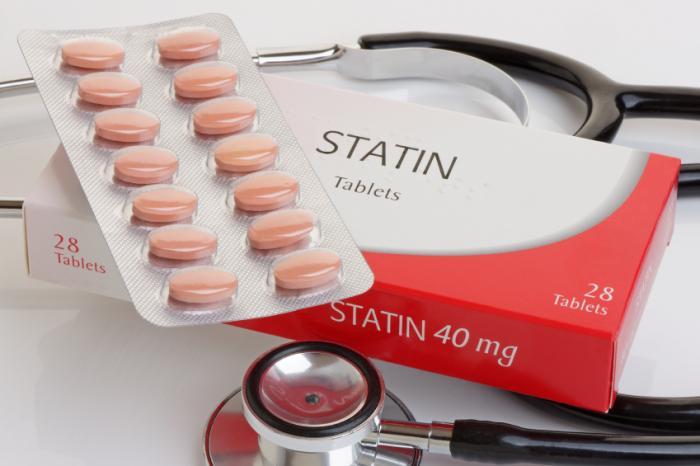
Use of statins in young ischaemic stroke patients is associated with reduced risks of all-cause mortality and recurrent stroke, a study reports.
Researchers looked at 935 patients aged 15–49 years from the Helsinki Young Stroke Registry who were treated for a first-ever ischaemic stroke from 1994 to 2007. They obtained follow-up data until 2012 from the Social Insurance Institution of Finland (Drug Prescription Register), the Finnish Care Register, and Statistics Finland.
In the cohort, 46.8 percent of patients used statins at some point during the follow up (13.8 percent had low usage, 15.0 percent had intermediate usage and 18.1 percent had high usage). More men than women were high users (21.3 percent vs 12.5 percent), and the proportion of high usage increased with age (2.0 percent in patients aged 15–29 years vs 22.4 percent in those aged 40–49 years).
Statin use (defined as at least two purchases) was associated with higher age, dyslipidaemia, heavy alcohol use and hypertension.
Multivariable Cox regression models showed that compared with nonuse, statin use was associated with lower risk of all-cause mortality (hazard ratio [HR], 0.38, 95 percent confidence interval [CI], 0.25–0.58) and recurrent stroke (HR, 0.29, 95 percent CI, 0.19–0.44).
The associations persisted in a propensity score–matched comparison.
Findings of the present study may encourage higher usage of statins after ischaemic stroke at young age, irrespective of stroke subtypes, baseline low-density lipoprotein cholesterol levels, dyslipidaemia diagnosis, age, or other patient characteristics, according to the researchers.